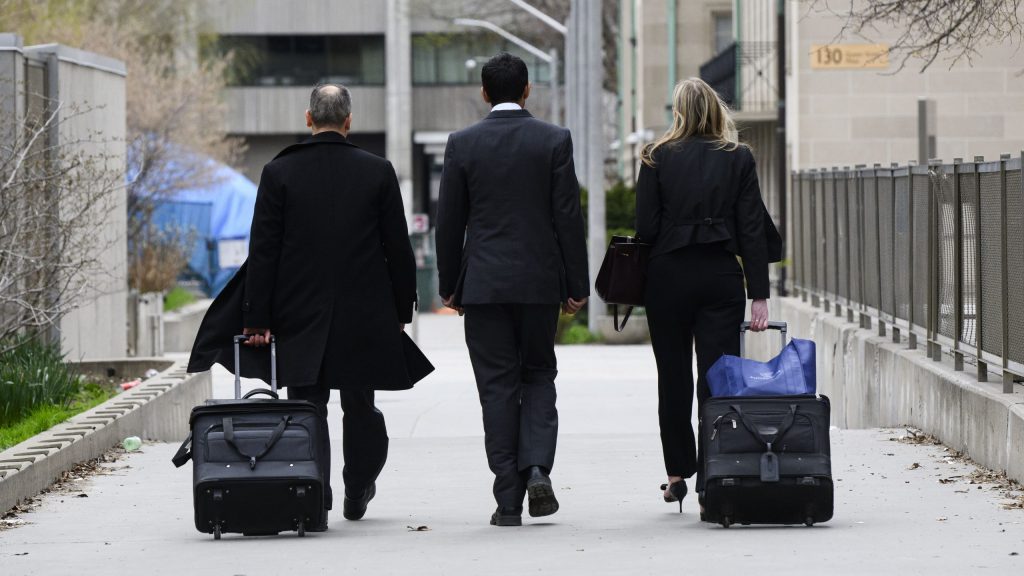Supreme Court allows Toronto man to stay on life support
Posted October 18, 2013 6:47 am.
This article is more than 5 years old.
The Supreme Court of Canada has dismissed an appeal that would have permitted doctors to end life support for a severely brain-damaged man without the consent of his family or a substitute decision maker.
In a split decision on what the top court called a “tragic, yet increasingly common conflict,” Chief Justice Beverley McLachlin wrote for the majority that, under Ontario’s Health Care Consent Act, treatment cannot be confined to something that doctors consider to be of medical benefit to the patient.
Moreover, the court dryly observed that if death is considered a manifestation of ill health, then life support serves a preventive purpose.
The case involves 61-year-old Hassan Rasouli, who has been kept alive on a ventilator and feeding tube since brain surgery in 2010 went wrong.
Doctors at Toronto’s Sunnybrook hospital have determined there is no therapeutic hope of recovery and that keeping Rasouli on life support will result in a series of progressively worse medical complications as his body deteriorates.
However Rasouli’s wife refused consent to end life support, citing the couple’s Shia Muslim religion and a belief that her brain-damaged husband’s movements indicate some level of minimal consciousness.
Physicians involved in the case had argued that consent under Ontario’s 1996 consent act was not required, because withdrawal of life support does not provide any medical benefit to the patient.
Two lower Ontario courts disagreed and the Supreme Court, in a 5-2 ruling, upheld those lower court rulings.
McLachlin noted that the case revolves around a statutory interpretation of Ontario’s consent act. Similar legislation exists in at least five Canadian provinces.
She wrote the case does not resolve who should have the ultimate say in end-of-life decisions in the absence of such legislation.
“Nor does the case require us to resolve the philosophical debate over whether a next-of-kin’s decision should trump the physician’s interest in not being forced to provide non-beneficial treatment and the public interest in not funding treatment deemed of little or no value,” McLachlin cautioned.
Justice Andromache Karakatsanis, in a dissenting opinion, found that Ontario’s Health Care Consent Act does not “give patients, or their substitute decision-makers, the right to insist on the continuation of treatment that is futile, harmful, or contrary to medical standards of care.”
McLachlin gave a lengthy response in the judgment to the dissenting opinion, noting that the ethical dilemma of doctors who feel they are doing more harm than good by continuing life support cannot be avoided.
“Wherever one draws the line, it is inevitable that physicians will face ethical conflicts regarding the withdrawal of life support,” said the judgment.
“No legal principle can avoid every ethical dilemma.”










